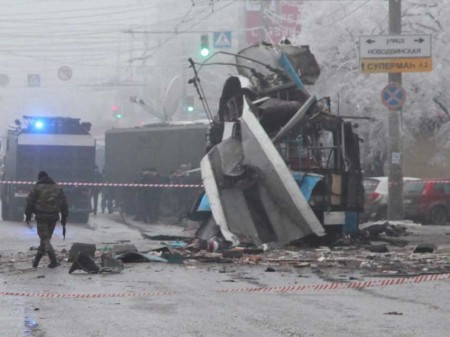
Explosions in Volgograd (29 and 30 December 2013), as a result of which 34 people died, shocked Russian society and rekindled the debate on methods of combating terrorism. Some Russian politicians, experts and journalists stress that “liberals” are to blame, meaning those who want to restrict the police forces and special services. Others simply point to the incompetence of the authorities in the sphere of combating terrorist threats. Among the first proposed actions were stiffer penalties for terrorists (including the death penalty), and the restriction on the right of the media to publish information about terrorists and their activities. A public discussion about the nature of Islam began again. Some columnists try to fight the stereotype that terrorism is an inherent feature of this religion and its followers from the Russian North Caucasus. However, there are also opposing voices, which influence the growth of xenophobia among ethnic Russians, and hostility towards migrants from the North Caucasus republics.
